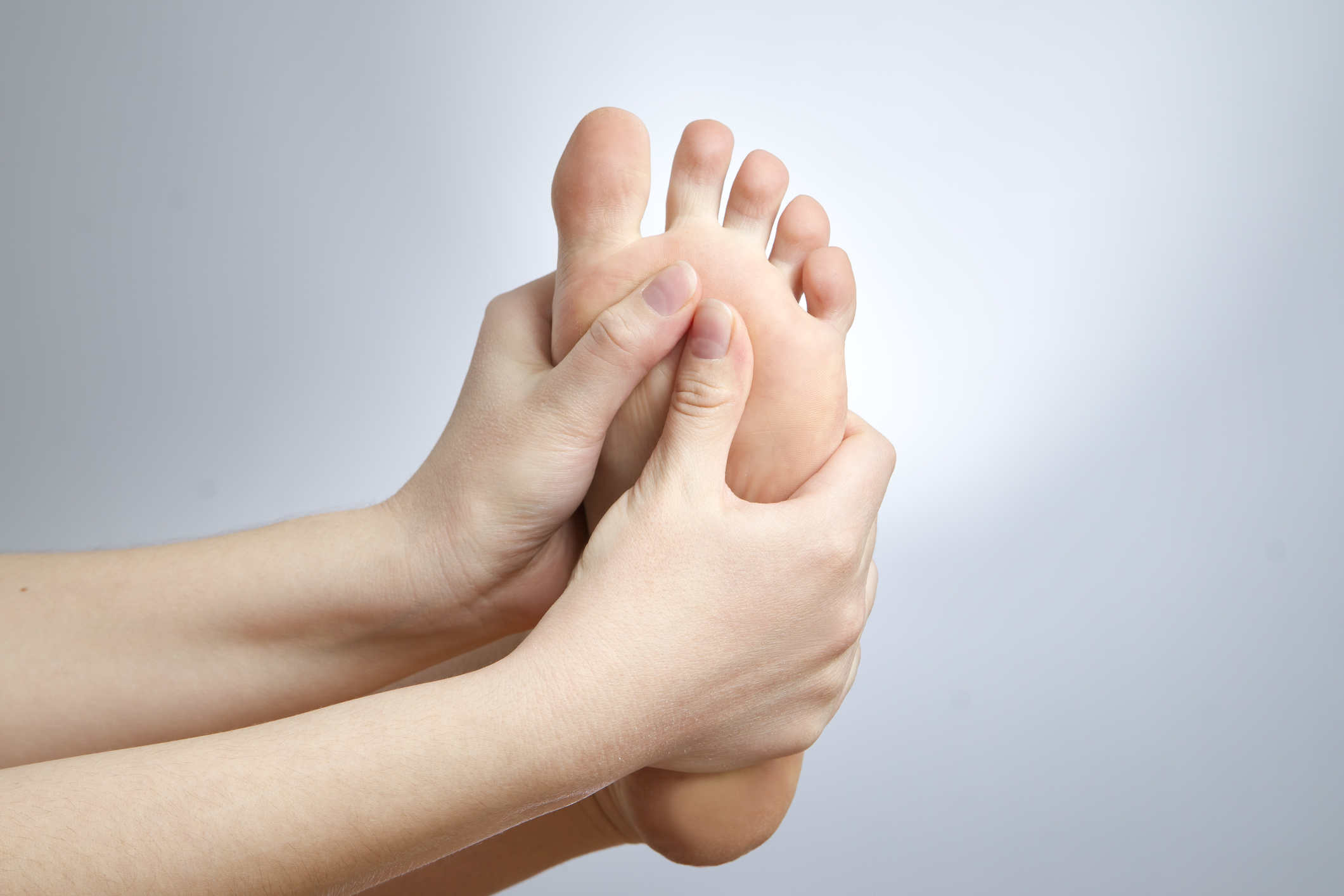The Most Common Symptoms of Inflammatory Disease
Sore Feet Or Hands

The swelling associated with inflammatory disease, known as edema, most commonly affects the hands and feet in a majority of patients. While this can become extreme, and lead to visibly swollen and engorged appendages, sometimes the swelling can be mild to moderate and not visible to the naked eye, but nonetheless painful for the patient. People suffering from edema can use compression socks to relieve pain. This type of swelling results in soreness, however, chronically sore hands and feet could be a sign that an individual is suffering from a mild inflammatory disease. If pain medication does not provide any relief from the pain, a person may more than likely be suffering from inflammation caused by an inflammatory disease.
Next, learn about the surprising symptoms that are associated with inflammation that many individuals may not be aware of.